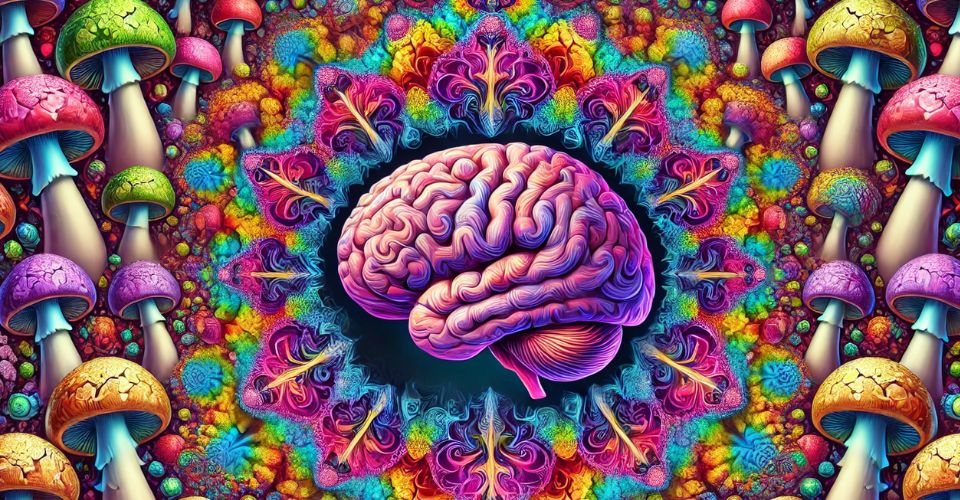Alternative Insights into Psychedelic Therapy
One study reported in Journal of Psychopharmacology has discovered strong indications that a single high dose of psilocybin, the active compound found in “magic mushrooms,” can create an intense inner healing in people suffering from depression. Those who had the high amounts stated that they felt more strongly about their bodies and minds healing themselves rather than those who were given plain drugs.
On Psychedelic Healing
Psychedelics are known for their profound effects upon perception, mood and cognition whether they are natural such as psilocybin or synthetic like LSD. These substances often bring about deep emotional release and introspection among users which leads to the reprocessing of traumatic memories and a sense of unity.
Study Hypothesis and Method
The aim of the study by Joseph Peill et al was to explore if psilocybin could genuinely elicit inner healing emotions. The researchers suggested that feelings of inner healing would be stronger in individuals after high doses of psilocybin compared to low, placebo-type doses.
Participants and Procedures
The researchers divided the sample size of 59 patients with moderate-to-severe depression into two groups. In one group, patients were given 25mg while in the other a placebo was used at only 1 mg. This experiment was double blind so neither participants nor researchers knew which dose each participant received.
Assessing Inner Healing
Afterwards, when its effects had worn off completely, respondents rated how much they agreed with the statement “I felt like my body/mind/brain was healing itself automatically/naturally/by itself.” Other assessments included Beck Depression Inventory (BDI), Emotional Breakthrough Inventory (EBI), Mystical Experience Questionnaire (MEQ), Challenging Experiences Questionnaire (CEQ), the Altered States of Consciousness questionnaire and a general measure of drug effect intensity.
Major Findings
The results showed that participants who received the higher dose of psilocybin reported significantly stronger feelings of inner healing than those in the placebo group. This means that inner healing is an aspect of the psilocybin experience.
Depressive Symptom Reduction and Correlation
Notably, there was a correlation between higher inner healer scores and greater reductions in depressive symptoms two weeks after treatment, but only in the high-dose group. From this it can be seen that perhaps feeling healed inside may play a significant part in the success of using psilocybin as therapy for depression.
Establishing Validity
To ensure that the inner healing scores were not simply due to more intense psychedelic effects, the researchers controlled for variations in overall intensity across different drugs. Nevertheless, even when this factor was accounted for, there was still a substantial correlation between the extent to which participants felt healed internally and their levels of depression thus implying that these two factors are independent and meaningful components within themselves.
Conclusions and Future Directions
“This study represents an early example of ‘activating inner healers’ through psychedelics from a scientific perspective,” authors concluded. “The question is posed if it warrants further examination.”
Despite being instrumental in understanding psychological impacts of psilocybin, it should be noted that this study had relatively few subjects and did not utilize any other method on evaluating inner healing except single item self-report.
Study Details
This paper titled “Psychedelics and the ‘inner healer’: Myth or mechanism?” has been written by Joseph Peill, Miriam Marguilhoa, David Erritzoea, Tommaso Barbaa, Kyle T. Greenwayc, Fernando Rosas, Christopher Timmermannd and Robin Carhart-Harrise.





























Leave a Reply
You must be logged in to post a comment.